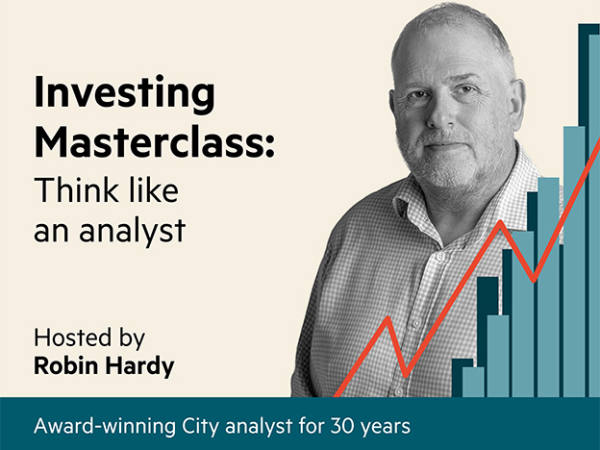It has not been a wonderful year for investment books, so I have pushed out the envelope to take in a couple of economics books. Freakonomics, by Steven D Levitt and Stephen J Dubner, promises to arm readers "with enough riddles to last a thousand cocktail parties". Well, I hope I don't end up at any of those cocktail parties. Nevertheless, it contains some striking insights into what makes people tick.
What reduced the New York crime rate massively in the 1990s? Was it the zero-tolerance policy introduced and now endlessly cited by politicians everywhere? Was it a 45 per cent expansion of the NYPD? Or was it that the US prison population doubled to 4m?
I am not going to spoil your fun in finding out, except to tell you that on Levitt's and Dubner's convincing analysis, it had very little to do with zero tolerance.
Levitt and Dubner are basically number-crunchers with a gift for explanation. Give them a decent database and they will unlock secrets that will shock and delight. They even manage it with Japanese sumo-wrestling. Sumo results, apparently, are recorded in Japanese newspapers in the same detail we accord the FA Premiership. It is unthinkable that sumo would routinely cheat - even though this was admitted to by two disgruntled ex-wrestlers and these two whistle-blowers both "died" within days from identical but "unrelated" causes, according to the Japanese police, who said there was no foul play. So, here, for the first time is proof that sumo wrestlers routinely cheat - clearly demonstrated by Levitt's and Dubner's analysis of widely published tournament results.
Levitt and Dubner also deal with cheating teachers, what makes a good parent, the economics of drug dealing and other aspects of everyday life. Some of this is superior trivia, but it's well-written and will make you forever unhappy about conventional wisdom.
By contrast, I found Everlasting Lightbulbs - by my old economics tutor John Kay, who went on to become one of the world's most sought-after economists - more thought-provoking. There is no trivia in this collection of his Financial Times columns. Indeed, by making my brain hurt, some of the pieces took me back to those tutorials.
Everlasting Lightbulbs comprises 50 three-page essays on mainstream macro- and microeconomic issues that come up all the time in global, business and personal contexts. For example: What is the point of a traditional French produce market in the era of Carrefour and Wal-Mart? Why eponymous lightbulbs are a myth. Why rational economic man (a hero of many economists) died out because nobody wanted to sleep with him. Why regulation of complex areas should avoid clarity and certainty (the book is worth its price for that essay alone, which is on page 142). Why foreign ownership is undesirable (a surprising view, that one). Why businesses succeed despite screwing their customers to the floor - until the customers can take it no longer. Cue M&S.
John Kay doesn't inflict brain pain directly. There are no equations and none of the essays take more than five minutes to read. But many of them will take much longer to digest - which is a sign of a good book.
But for sheer 'unputdownability', my selection this week is Fortune's Formula by William Poundstone. This is an account of how some brilliant scientists at the Massachusetts Institute of Technology in the 1950s turned their talents to casinos - and how, after they had been escorted out of Las Vegas once too often, to investment markets.
Claude Shannon was a quiet man whose scientific work (he founded the field of information theory) has been authoritatively compared with Einstein's. He loved building devices. So, to predict roulette numbers from the ball's first circuit of the wheel, he built a home-made micro calculator (we are in the 1950s, remember) - and it worked a treat. The device was designed by another genius, Ed Thorp. The book's third star is a concept - The Kelly System - which is an aggressive yet safe method for allocating investment funds. For every investment decision, Kelly answers the question: "How much should I invest?" It is only for eggheads, but the rest of us will be better off for understanding it.
Thorp also set up a hedge fund that combined the Kelly System with his own genius for spotting stock-market anomalies. The fund made 20 per cent a year for 19 years, with astonishing consistency.
But he was outperformed by Shannon, who was a straightforward buy-and-hold man (operating, however, on a much smaller scale).
Fortune's Formula is very well written, switching effortlessly between ideas, people and action. I literally could not put it down.
Alistair Blair, a past winner of the Business Writer of the Year Award, has worked in investment banking and fund management. He edits the growth shares newsletter, Small Cap Shares (www.smallcapshares.co.uk). E-mail: a7461blair@pobox.com www.investorschronicle.co.uk/nofreelunch






